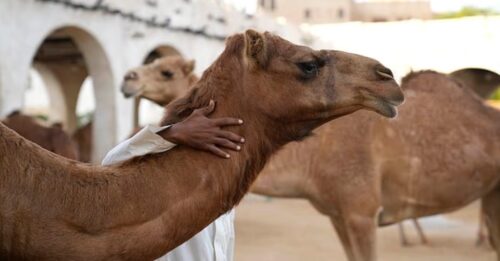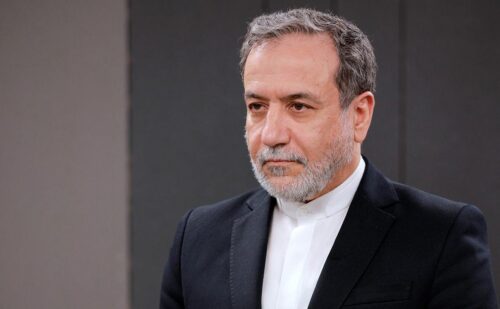
The National Interest: The world has a unique opportunity to hold Azerbaijan to account
The COP29 summit may be the last opportunity for the international community to condemn President Ilham Aliyev and prevent the total erasure of Artsakh’s population, The National Interest writes.
A year ago, Azerbaijani forces launched a brutal military operation in Artsakh that, within days, expelled a population of 120,000 ethnic Armenians who had called the region home for millennia. Besides issuing a few perfunctory statements, the international community did nothing to hold Azerbaijan to account. Now, it has a unique chance to make amends.
From Nov. 11-22, Azerbaijan will host the U.N. Climate Change Conference, or COP29, the most important gathering of world leaders to address climate change. While Azerbaijan will use the conference to try to polish its image and showcase itself as a leader in the region, the human rights community sees an opportunity to finally shine a spotlight on Azerbaijan’s regime, which continues to project aggression toward Armenia and abuse its own people.
COP29 can serve as a forum for state participants to pressure Azerbaijan to cease its abuses and also propose a concrete path for the multitudes who were banished from their homeland.
Columnist Thomas Becker noted that he and his colleagues at the University Network for Human Rights (UNHR) have spent the past four years investigating these and other abuses that led to last year’s ethnic cleansing. Our team from Harvard, Oxford, UCLA, Wesleyan, and Yale has conducted seven fact-finding missions in Armenia and Nagorno-Karabakh, the most recent taking place this past month. As a result, they published a 200-page report on the atrocities they investigated, including excessive torture, killings, disappearances, the mutilation of corpses, and the destruction of churches and cemeteries.
These abuses form part of Azerbaijan’s broader campaign to exterminate Artsakh’s indigenous population, a policy openly touted by its leadership time and time again. Azerbaijan’s dictator Ilham Aliyev refers to Armenians as “rats,” “dogs,” and “barbarians” infected with a “virus” for which they “need to be treated.” He has repeatedly warned, “If [Armenians] do not want to die, then get out of Azerbaijani lands,” which he considers to include Nagorno-Karabakh and even Yerevan, Armenia’s capital. Azerbaijani officials echo his genocidal discourse, calling ethnic Armenians a “cancerous tumor” and “disease” and declaring, “Our goal is the complete elimination of Armenians.”
In the weeks leading up to last year’s ethnic cleansing, Becker met with U.S. officials to warn of the impending expulsion. UNHR also published a briefing paper about the risk of genocide in the region. Other genocide experts also sounded the alarm; the first chief prosecutor of the International Criminal Court, the first UN Special Advisor on the Prevention of Genocide, Genocide Watch, and the Lemkin Institute for Genocide Prevention all issued separate warnings of the genocidal nature of Azerbaijan’s actions.
“Sadly, our alerts were ignored, and on Sept. 19 last year, Azerbaijan struck. The result has been devastating,” Becker noted.
Aliyev’s political survival hinges on his reputation in forums like COP29. Many were shocked by the announcement that a brutal petrostate like Azerbaijan would host the climate change conference, a decision made only weeks after the ethnic cleansing was carried out.


